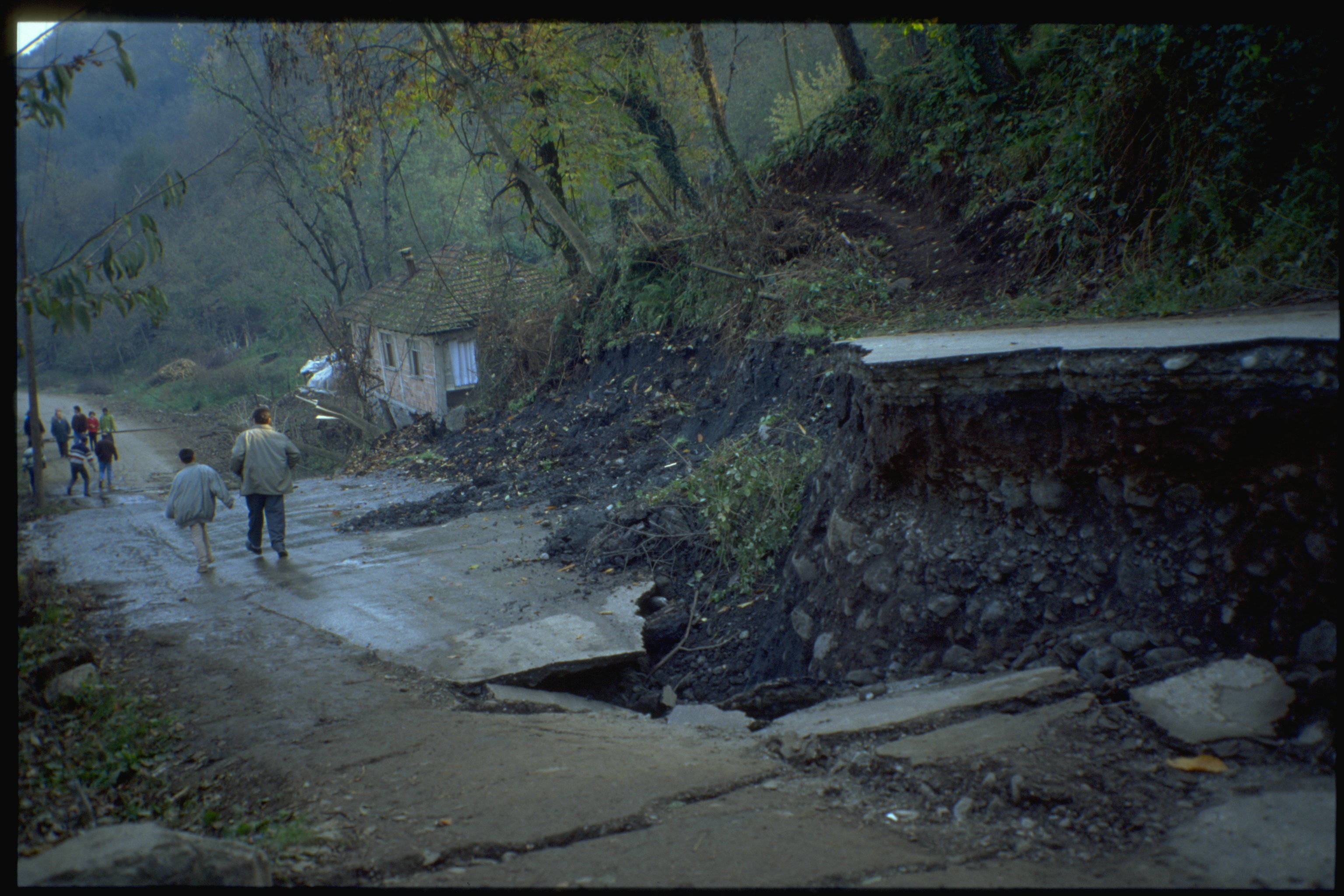All Categories
Featured
Table of Contents
Geophysical Survey In Archaeology in Marangaroo WA 2020
This work is increasingly contracted out, so consultancies supply another source of employment. Consultancy firms differ in size, from very little business to large multinationals. Some consultancies are quite specialised in using specific geophysical techniques or working in specific areas, while others offer a more diverse series of services to their consumers.
The extraction of gas from garbage dump websites is another location of employment and this may grow in the future. Exploration companies might carry out work for construction firms, water companies, mining companies and ecological agencies, so geophysicists may be utilized in any of these settings. Other employers include: geological surveysgovernment bodies and agenciesuniversities and research institutes.


Jobs might be noted in the oil and gas sector press. Recruitment is impacted by oil price variations and the level of competition for positions differs depending upon this. Professions Days, which cover the full series of geoscience professions and are typically gone to by a variety of essential market employers, are run by The Geological Society.
Surveys In Geophysics in Parkwood Oz 2020
A few of the big oil and gas companies use a full two-year structured training program throughout the breadth of geophysics, consisting of the chance to experience work in numerous teams before specialising in one location. Your training might include work on: existing wellsmagnetic and gravitational prospective field data analysisresearchrock analysis. It's more usual for your preliminary training to be supplied on the job.

There might be a probationary period during which you work together with a skilled coworker. Competency-based appraisals happen regularly in the majority of companies. In smaller firms, and for academic posts, there is unlikely to be any formal training - you'll be expected to begin work straightaway and get abilities as you go along.
If you work for a smaller business, you may find that you require to take responsibility for arranging and funding your own development and training. If you have a geology degree, subscription of The Geological Society can be useful for networking and for keeping up to date with the industry.
Geophysical Survey Requirements In California Waters in Riverton Australia 2021
You may likewise discover it useful to sign up with the PESGB (The Petroleum Exploration Society of Great Britain, which has a geophysics unique interest group. After a probationary duration, and once you've gotten some experience, you could progress to senior geophysicist, then team leader and then into a senior function in management.
The ease of motion between roles depends on the company structure. Study at Masters or Ph, D level in a subject associated to geophysics or geosciences may aid with your profession development and development. The work market within the oil and gas market is very based on rate and this may affect your opportunities for career development.
Nevertheless, not all jobs depend on the oil and gas industries. For experienced geophysicists, freelance consultancy provides an excellent route for career advancement. You can also specialise in a specific location of geophysics. As a geophysicist, you're most likely to have several tasks throughout your working life. Worldwide movement is vital for handling peaks and troughs in various nations at various times.
Geophysical Surveys As Landscape Archaeology in Maida Vale Australia 2023
From geophysics, it's possible to concentrate on seismology (completing additional training to become a seismic interpreter) or to move into related locations such as engineering geology or risk prediction.
Deciding what to study in college is a tough option. Even if you understand that your field of interest lies in science, what program of research study is ideal for you? If you make the choice to major in physical and life sciences and pursue a profession as a geophysicist, you're getting ready for an interesting and lucrative occupation.
However the first step to attaining your goal of becoming a geophysicist is earning a degree. Even for entry-level positions in the field of geoscience, you'll need a bachelor's degree (a geophysicist college degree) from a recognized college or university. Some research study positions need candidates to hold master's degrees and even Ph.
Job Guide - Geophysicist in Kiara WA 2022
Postgraduate degree are specifically crucial if you plan to teach at a four-year organization. Geophysicists apply physics ideas and strategies to study the gravitational, magnetic, and electrical fields of the earth. This enhances researchers' knowledge of both the world's interior core and its surface area. Geophysicists should have the ability to: examine rocks, photos, and other pieces of information carry out research both in the field and in laboratories produce maps and charts of their findings write reports To accomplish all this, students require a specialized education for geophysicist careers.
As stated above, you'll need a bachelor's degree in geoscience or a related discipline, such as a physical science or a natural science, to land an entry-level job. But students can likewise prepare by learning subjects like: Biology Chemistry Computer science Engineering Mathematics Physics The above geophysicist majors offer a more generalized approach to a single scientific discipline, but the majority of programs need students to take several geology course.
Table of Contents
Latest Posts
Airborne Geophysical Survey in Hocking Aus 2023
Geophysical Survey Services - Geophysical Test Methods in Karrinyup Australia 2020
Geophysicist: Job Description, Duties And Requirements in The Vines Aus 2020
More
Latest Posts
Airborne Geophysical Survey in Hocking Aus 2023
Geophysical Survey Services - Geophysical Test Methods in Karrinyup Australia 2020
Geophysicist: Job Description, Duties And Requirements in The Vines Aus 2020